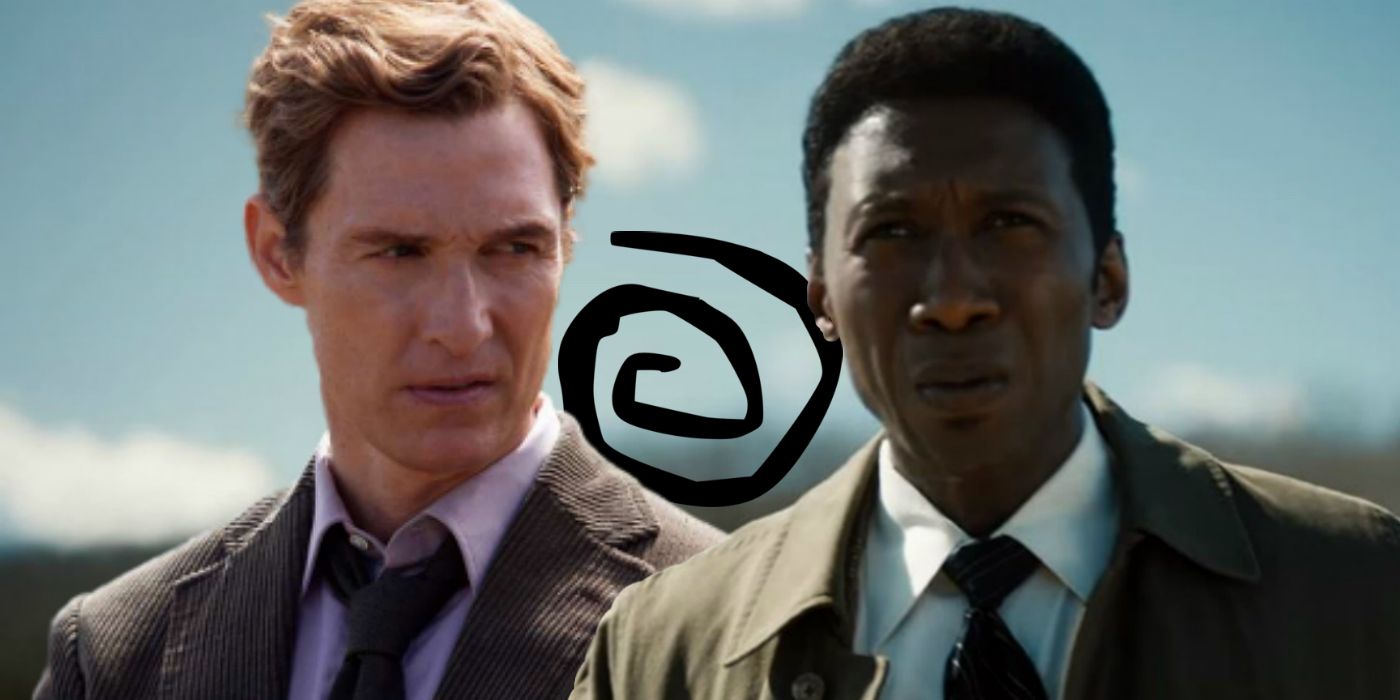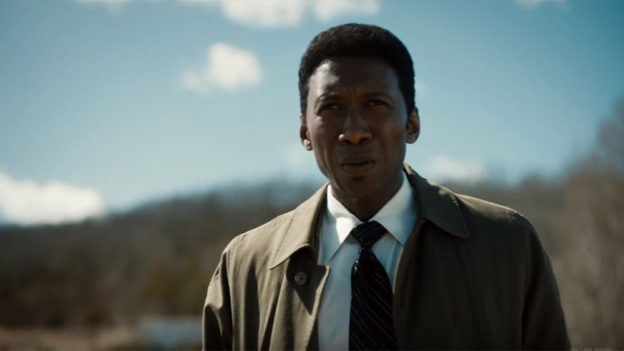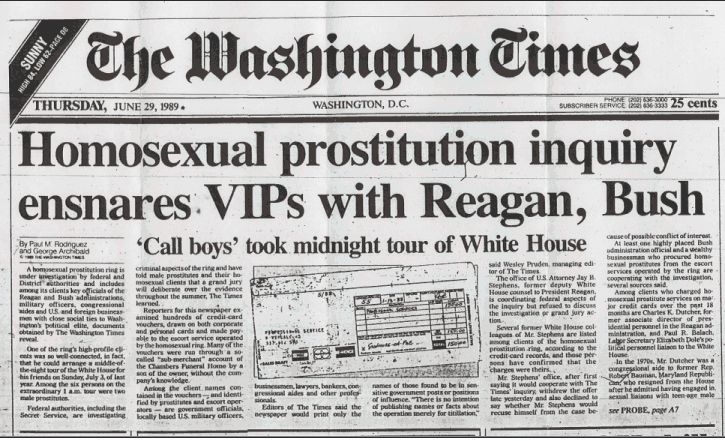HBO’s finale to True Detective hasn’t seen this much controversy since the end of The Sopranos, which is fitting, because both ended on anticlimactic notes. Throughout its eight-year run, The Sopranos suggested that death was sudden blackness, an unexpected and unexplained exit from existence. To prove the point, Sopranos capped its own fans, ending the series in such sudden darkness viewers thought their TVs had shorted.
Similarly, the third season of True Detective telegraphed how the whodunnit would end, though that hasn’t stopped Reddit and YouTube pundits from becoming engulfed in anger over the unspectacular conclusion. The real twist to the crime series may be yet to come: whether HBO decides to renew the up-and-down show.
Despite its labyrinthian setup and hint of a vast conspiracy finally explained, Detective ended on the simplest of notes. After two months worth of shows and three and a half decades worth of investigation, Now Am Found revealed that the fates of the Purcell children was barely nefarious: Will died accidentally and Julie ran away and remained alive and happy.
The conclusion sent much of the True Detective fanbase into conniptions; some took to the net minutes after the finale, asking, in essence, WTF? They lamented that the ending didn’t feature a Woody Harrelson or Matthew McConaughey cameo from Season 1. They blasted it for wrapping loose ends too quickly (halfway through the episode), too cheerily for a dark series, and too bizarrely with a final scene of Wayne Hayes back in the jungles of Vietnam.
The Franklin case was a true incident that began in June 1988 in Omaha, Nebraska, when authorities looked into allegations that prominent citizens of Nebraska, as well as high-level U.S. politicians, were involved in a child prostitution ring.
Alleged abuse victims were interviewed, who claimed that children in foster care were flown to the East Coast to be sexually abused at “bad parties.” The case attracted significant public and political interest until late 1990, when separate state and federal grand juries concluded that the allegations were unfounded and the ring was a “carefully crafted hoax.”

Still, the conspiracy remains. And even the book that it inspired,
The Franklin Cover-up: Child Abuse, Satanism, and Murder in Nebraska, became reference fodder for fans seeking clues to the show.

Which may explain why the
True Detective finale disappointed so many. From the JFK assassination to the 9/11 attacks to fictional crime dramas, it’s tough to accept that profound misfortune can result from commonplace events or simple bad luck. It’s easier (and more cinematic) to discover a massive conspiracy behind massive devastation.

And that was
True Detective‘s point in the half-hour wrap up, as characters tried to reconcile the deaths and decimated relationships borne of a simple, tragic, traffic accident. Viewers learned that Isabel Hoyt, the wife of produce magnate Edward Hoyt, lost her daughter in a car crash. Devastated, she grew attached to Julie Purcell, became obsessed, and, after going off her meds, abducted her. With the help of groundskeeper Junius Watts and several nuns, Julie eventually escaped to go on to live a normal life. Not the crescendo viewers expected.

Even the characters admitted disappointment at the anticlimactic ending. As Wayne and wife Amelia meet at a bar to discuss what went wrong in their relationship, Wayne admits, “There’s always been this big secret between us,” he says. “It’s all tied up in a dead boy and a missing girl.” They agree that a date night won’t fix their problems, but Wayne tells her to go write her next book and they will move on together. “Let’s put this thing down,” says Wayne. “It’s not ours.”

Even the final scene was a red herring in a series chock full of them (for what is a conspiracy theory but the pursuit of inconsequential evidence?). Wayne is back in the jungle of Vietnam because he suffers from Alzheimer’s, a common disease that robs its victims of associating place and time.

It’s unclear whether HBO will be more swayed by ratings or reactions in determining the fate of another installment of
True Detective, whose second season was lambasted by fans and critics alike. Regardless, Pizzolatto succeeded in making the point he began raising in 2014 when the show premiered: Time, indeed, is a flat circle.










